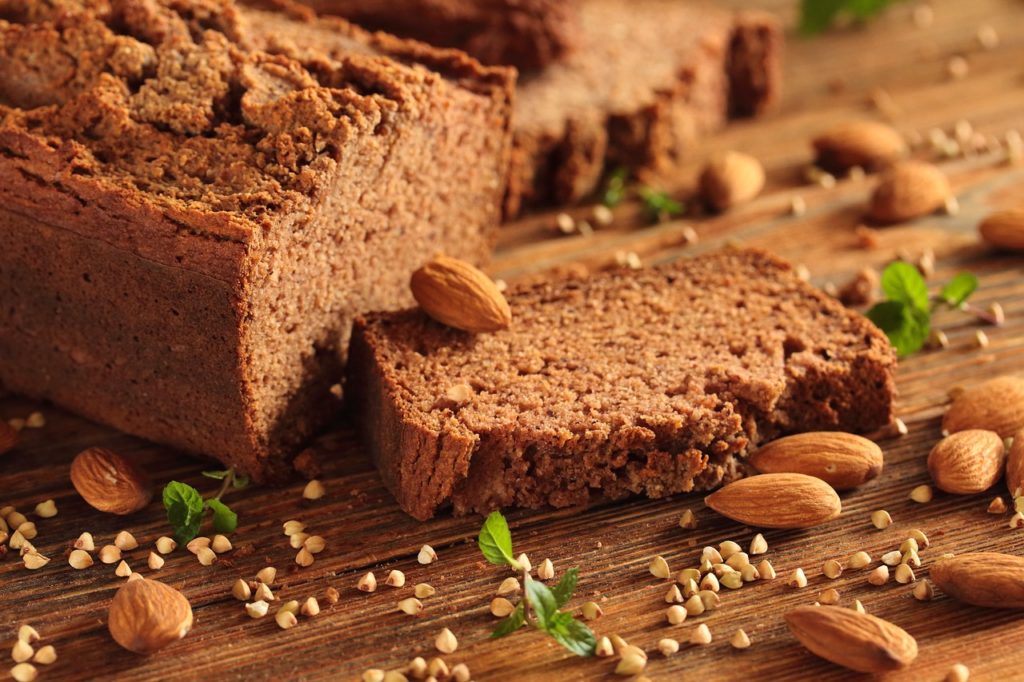Over the past decades, high fructose corn syrup has emerged as a better alternative to sugar. It’s found in thousands of foods, from cereals and fruit juices to low-carb chocolate and protein bars.
Coping with Celiac Disease

Coping with Celiac Disease
Have you been recently diagnosed with Celiac disease? Wonder what to eat and what to avoid? Coping with Celiac disease isn’t easy. This autoimmune disorder can wreak havoc on your body and affect your quality of life. It is estimated that one in 100 people worldwide and one percent of Americans are struggling with it. Even though Celiac disease can not be prevented, there are ways to manage its symptoms and restore your health.
Celiac Disease at a Glance
This disorder is caused by an immune reaction to gluten, the protein in wheat, rye, and barley. Nowadays, it’s four times more prevalent than it was 50 years ago. Celiac disease affects the small intestine, causing abdominal distention, bloating, chronic diarrhea, fatigue, and unexplained weight loss. It may also affect children’s growth and cause behavioral problems. Its symptoms mimic those of other diseases, which makes diagnosis difficult.
In general, adults with celiac disease are less likely to experience digestive symptoms. Most sufferers report anxiety, depression, bone or joint pain, iron-deficiency anemia, and skin disorders. This condition interferes with nutrient absorption, causing vitamin and mineral deficiencies. Additionally, gluten boasts inflammatory properties, leading to pain and swelling throughout the body.
Currently, there is no treatment available for celiac disease. The only thing you can do is eliminate gluten and tweak your diet.
How to Manage Celiac Disease
A gluten-free diet is your best defense against celiac disease. Take the time to read food labels and avoid any products containing gluten. This ingredient can be found in most grains, especially wheat. Oatmeal, nuts, and seeds may contain traces of gluten too. Choose gluten-free versions of pasta, bread, cereals, salad dressings, canned soup, baked goods, beer, and other products.
Consider taking a dietary supplement to prevent nutrient deficiencies. Celiac disease affects your body’s ability to process and break down the nutrients from food. Thus, it’s recommended to use supplements containing iron, magnesium, folate, niacin, riboflavin, and fiber. A daily multivitamin can make all the difference.
Gluten-free eating doesn’t have to be boring. There are plenty of recipes that will keep your diet varied and satisfy your cravings. The key is to use gluten-free foods and substitute ingredients. Experiment in the kitchen with apple pancakes, avocado tuna salad, baked vegetable chips, zucchini fries, beef stew, homemade cheese pizza, and other delicious, healthy recipes.








No comments yet.